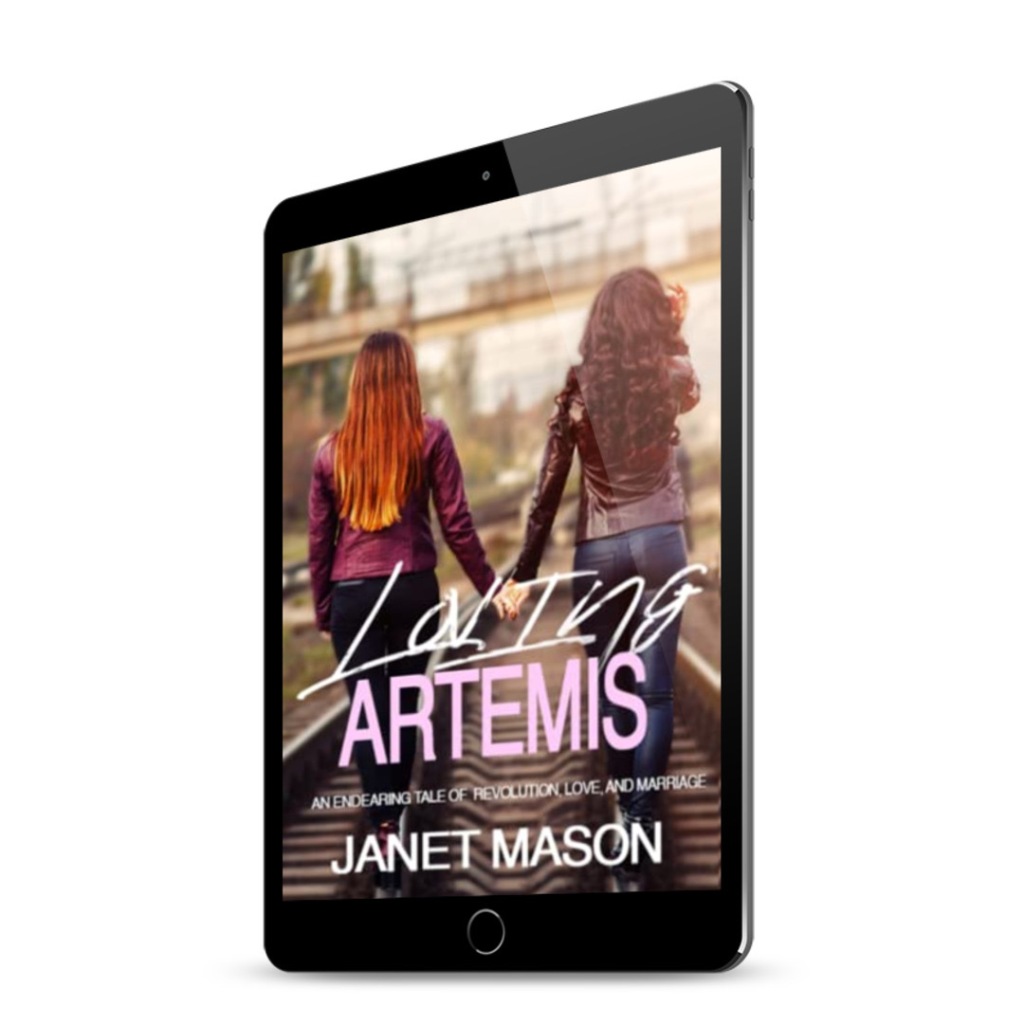As part of a Unitarian Universalist service focusing on Environmental Justice, I revisited the concept of gratitude in the midst of chaos. The talk is on YouTube and below the video is the text.
Most mornings, for the past year, I wake up, play gratitude affirmations on my phone and go back to sleep. I continue doing it because I can feel the positive results. My vibrational frequency is becoming higher. Just this morning the person saying the affirmations emphasized that expressing gratitude is essential for change. She also said that expressing gratitude is one of the quickest ways to experience happiness and that true expressions of appreciation are one of the most direct ways to experience the divine.
I have found that being consciously grateful has changed my life. I am grateful for it all. I am grateful for the air in my lungs. But this morning as I write, the air in Pennsylvania is dangerous to breathe. I am doing the things that I need to protect myself—such as staying indoors and foregoing my daily walk. My partner, Barbara, and I are wearing masks when we have to go out and are also checking on friends and family who have breathing conditions.
It shouldn’t be this way and it could have been different, but this is the reality of the situation that we live in.
I am still grateful for the air in my lungs. I am still grateful to be alive. I am still grateful to be living on this beautiful planet we call Earth.
As we can see from the realities of climate change, or climate devastation as some call it, we are living in a time that requires change. It is sad—for many reasons. But it is also the reality we live in.
When I was going to a plant-based diet, for health reasons—now almost four years ago—I heard the motivational speaker and author Dr. Will Tuttle say that animal agriculture is responsible for more greenhouse gasses than the entire transportation sector combined.
I’ve also heard and experienced that people following plant-based diets feel better because they know they are helping the planet and the animals as well as themselves.
Going to a plant-based diet has changed my life. I am here, for starters.
I feel like the gratitude affirmations work better for me because I now am more open to messages from the universe because I no longer have the suffering of animals in my body. We are living in a time of change–and to be around to be part of that change and to witness the change requires us to take care of ourselves—now, perhaps more than ever—and that includes our mental health.
Taking care of my mental health has led me to listen to the gratitude affirmations. I have the same impulses as any other human animal. Because of our ancient fight-flight response, it is more natural for human beings to be negative than positive. But we can train our brains to respond more to positive stimuli. The complexities of neuroscience are simplified in the statement that neurons that fire together wire together.
Since I am rewiring my brain to be positive, I see the signs of positive change rather than simply observing all the negative things and becoming depressed. I am delighted when I see the electrical outlets resembling gas pumps that are popping up here and there to fuel electrical cars. When my partner, Barbara, and I run errands in our hybrid and I see food trucks that offer fresh fruit and fruit smoothies without scary dairy, I am equally excited.
The earth is changing. In many ways, it is protecting itself from further harm. When we change with the earth instead of clinging to the old ways that harm ourselves as well as the earth, we are part of the change. I am deeply grateful for being part of the change just as I truly appreciate being here with all of you.
I am going to end with a mantra or a prayer:
May the earth and all her inhabitants be healthy. May we all be free.
–Namaste–
For more information on my most recent published novel Loving Artemis, an endearing tale of revolution, love, and marriage, click here:



 A few years after Harvey Milk was assassinated, I attended the premier screening of the documentary The Times of Harvey Milk (the first movie) at the Roxy on Sansom Street. I was young then, in my early twenties, and recently out as a lesbian. I still remember sitting in the dark theater and listening to the crying of those around me – mostly gay men.
A few years after Harvey Milk was assassinated, I attended the premier screening of the documentary The Times of Harvey Milk (the first movie) at the Roxy on Sansom Street. I was young then, in my early twenties, and recently out as a lesbian. I still remember sitting in the dark theater and listening to the crying of those around me – mostly gay men.
